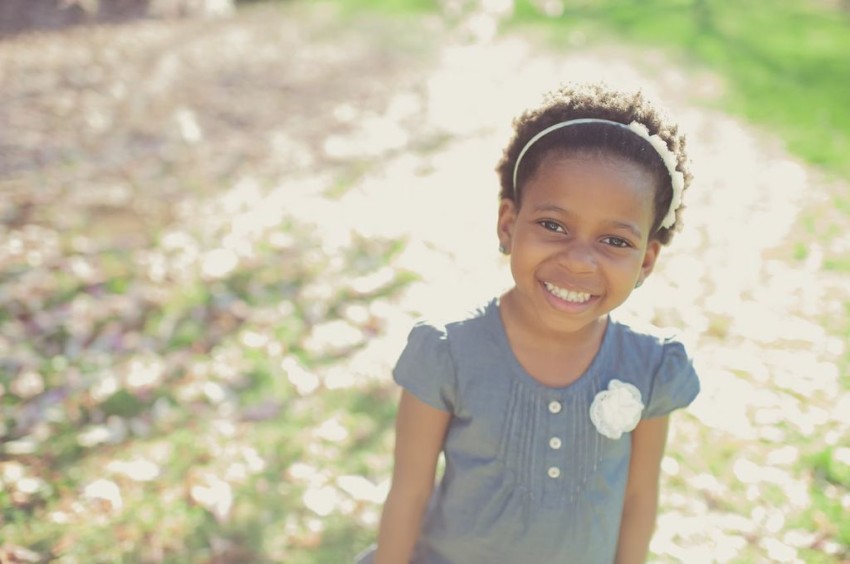I am a new grandmother; well, seven incredible months into it. As Mumzi, which I am going to be called by my granddaughter, Fiona, I spend entirely too much time gazing at her pictures, re-watching her videos, and constantly being amazed at every point in her development. But really, isn’t that what a Mumzi is supposed to do? This week, my daughter sent me a video in which Fiona celebrates “finding her voice” with very shrill shrieks of joy, enthusiastic responses to her Mama’s loving comments, and seriously loud babbling—-all accompanied by huge smiles, happy wiggling and feet kicking like a Rockette. I need to have this video on a constant loop. The joy and wonder in this little girl as she is finding her voice is simply mesmerizing!
 As a social worker though, I also begin thinking about the little children who are unable to “use their own voices” due to some terrible trauma they have experienced in their young lives. Perhaps the death of their parent, experiencing abuse or neglect, abandonment, too much time in an institution, or the lack of a nurturing caregiver to meet their needs—whatever the reason, these children live in an internally violent world of coping by using maladaptive survival skills with no voice, no trust and no feeling of safety. These are often the children we see in adoption and foster care. The world has failed them; they have never felt safe; they are scared and mad and have lost their ability to use their voice! They never had a caregiver who really listened to them, met their needs, nurtured them, loved them, and guided them through that all important period of early development. They have often become aggressive, controlling, manipulative, angry, unattached, aloof, and even sometimes violent. My heart breaks for them and I am so glad that my little Fiona will never have to experience this.
As a social worker though, I also begin thinking about the little children who are unable to “use their own voices” due to some terrible trauma they have experienced in their young lives. Perhaps the death of their parent, experiencing abuse or neglect, abandonment, too much time in an institution, or the lack of a nurturing caregiver to meet their needs—whatever the reason, these children live in an internally violent world of coping by using maladaptive survival skills with no voice, no trust and no feeling of safety. These are often the children we see in adoption and foster care. The world has failed them; they have never felt safe; they are scared and mad and have lost their ability to use their voice! They never had a caregiver who really listened to them, met their needs, nurtured them, loved them, and guided them through that all important period of early development. They have often become aggressive, controlling, manipulative, angry, unattached, aloof, and even sometimes violent. My heart breaks for them and I am so glad that my little Fiona will never have to experience this.
Adoptive and foster parents who welcome these “children from hard places” into their homes will need to spend time helping their child learn how to again “find their own voice.” Dr. Karyn Purvis, in her book The Connected Child: Bringing Hope and Healing to Your Adoptive Family, gives parents insight and instruction on how to provide attentive care, responsiveness and nurturing environments to help these children find their voice through her TBRI-Trust Based Relational Intervention model. Her techniques, which include offering compromises, giving choices, sharing power, and using “magic feathers”, are all based on scientific research and actual experience and have proven to be effective and beneficial to children and their families. Children can learn how to restore their lost voices, build attachments with their parents and others, trust other people, allow others to help them meet their needs, respond appropriately to affection, develop normal relationships, and begin to heal from their devastating pasts.
I highly recommend this book to parents of adoptive and foster children and even parents who are just beginning to build their toolbox of parenting skills.
But back to Fiona…… As I replay the video again and watch her delight in the sheer power of her own voice—loud, powerful, effective, confident, enthusiastic—I thank heaven for her loving parents who will always be there to meet her needs and I pray silently for those children who are still hoping to find such a parent who will help them recover their voices.
